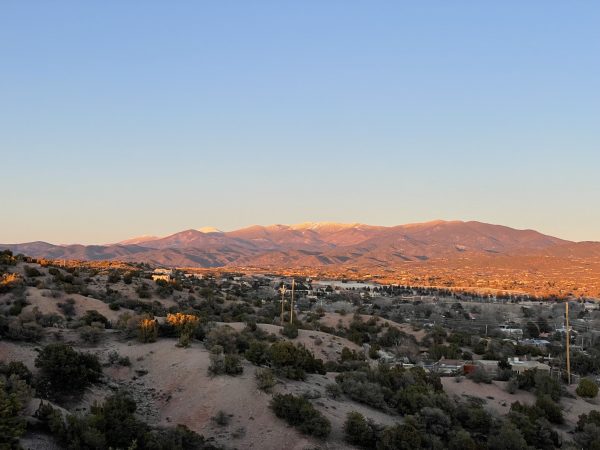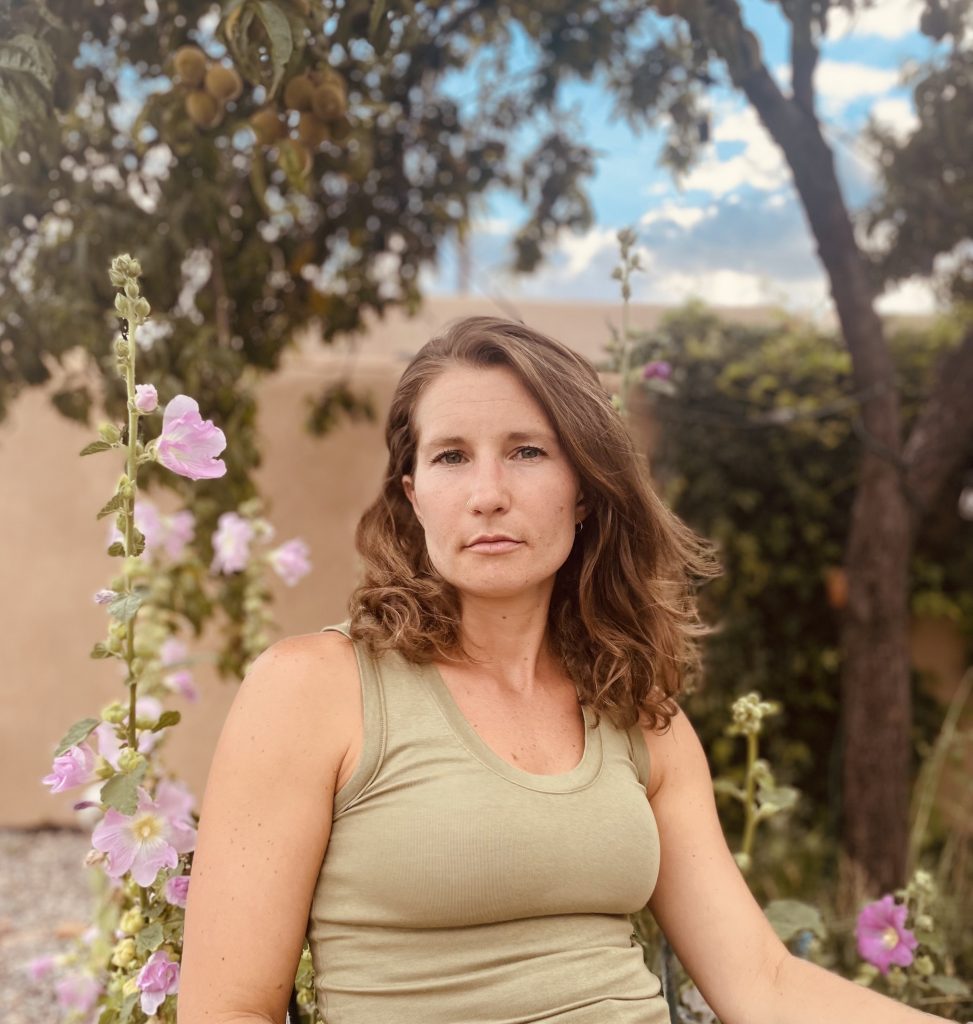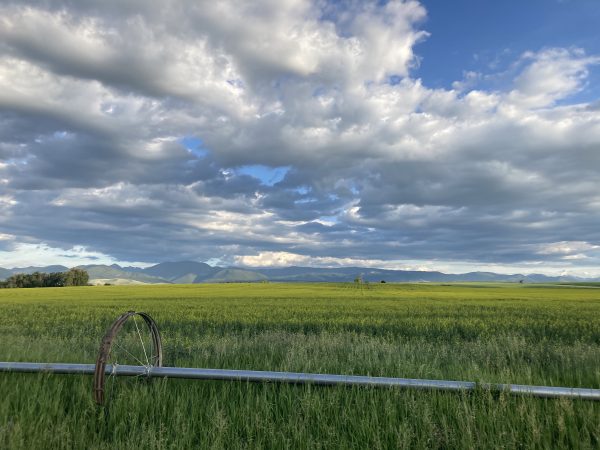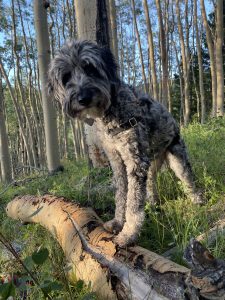We’re excited to kick off a series of posts introducing some new faces on the Epicenter board!
Alyssa Kreikemeier is a land lover, historian, educator writing in the southern Rockies. Below is a brief interview with Alyssa about her background, work, and involvement with Epicenter.
Epicenter: Can you tell us a bit about your background?
Alyssa: I grew up on a farm in southwest Montana in an upbringing that seems to me now both stereotypical and remarkable. My parents kicked us outside to play when we wanted to watch television, which consisted of only a few channels anyway as we didn’t have cable and the internet wouldn’t enter my life until I was a teenager. I never owned a key to my house—we’d only lock up when leaving for a long trip—and entertainment included floating the river, riding dirt bikes, and making a club house from an old chicken coop.
E: What’s your connection to rural Utah? Green River specifically?
A: The seeds of my passion for Epicenter’s work come from those childhood experiences, but I also look back with a more critical eye toward both the romance and the roughness of my rural childhood.
In high school I realized how limited my education was when I learned about the better resourced options available to high schoolers elsewhere. I wanted out of my homeplace as a teenager, traveling abroad and dreaming of attending college in a bustling city. My decision to attend Montana State University was financially driven but I didn’t regret it. There, I developed a sense of environmental consciousness and passion for social justice, which I carried to my work in Santa Fe as a teacher through AmeriCorps after college. After working in arts, education, and non-profits for three years, I moved east to be closer to my partner and to attend graduate school.
Living in Boston made me realize how profoundly the rural West matters to me. I saw rural people and places misrepresented or derided in the halls of my university but I also felt profoundly out of place in my body—suffocated by low horizons and thick air. The alienation I felt informed my doctoral research in environmental and Indigenous histories of the Intermountain West, it drove me to return to the region as soon as possible, and to engage with rural community development through Epicenter. I know Green River as a place I’ve passed through many times on road trips from the southwest to Montana and have been following Epicenter’s work for years. So far, my participation in Epicenter’s work has been limited to online engagements and meetings here in New Mexico in large part due to the COVID-19 pandemic. I look forward to the chance to visit and spend more time there in 2023.
E: Where do you now live and what are you working on?
A: Since 2019 I’ve lived in Santa Fe, where I spent my early twenties working in creative community engagement and education before moving away for graduate school. I currently teach environmental humanities courses and am working on a public and environmental history project about Bandelier National Monument, a sacred homeland to many Indigenous Nations.
E: Do you have a favorite animal, plant, and/or mineral?
A: Predictably, my favorite animal is my dog Bernie. As far as animals, plants, and minerals go, I’d like to give a shout out to the micaceous soils that give the forest a little extra shine.


